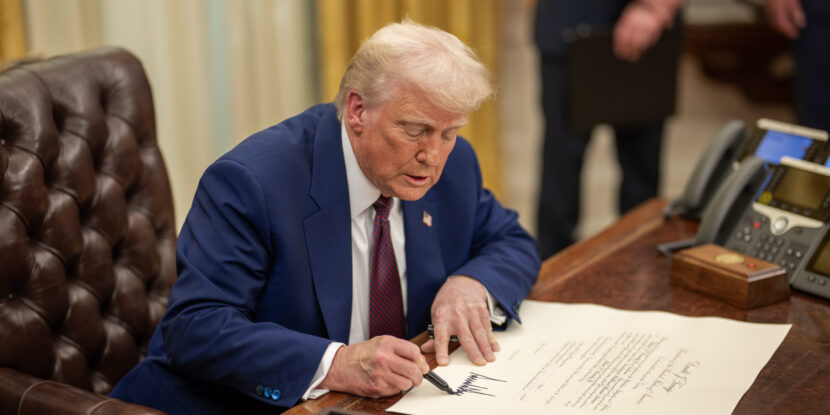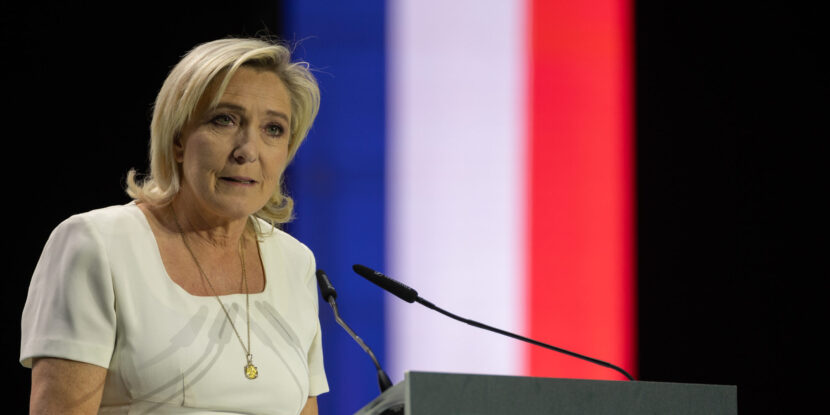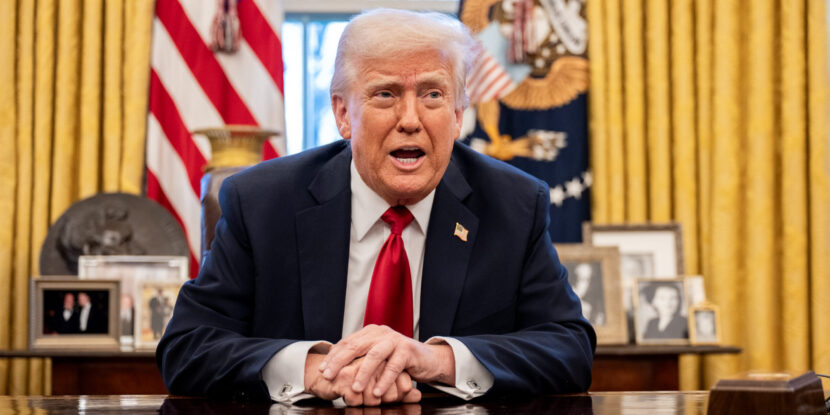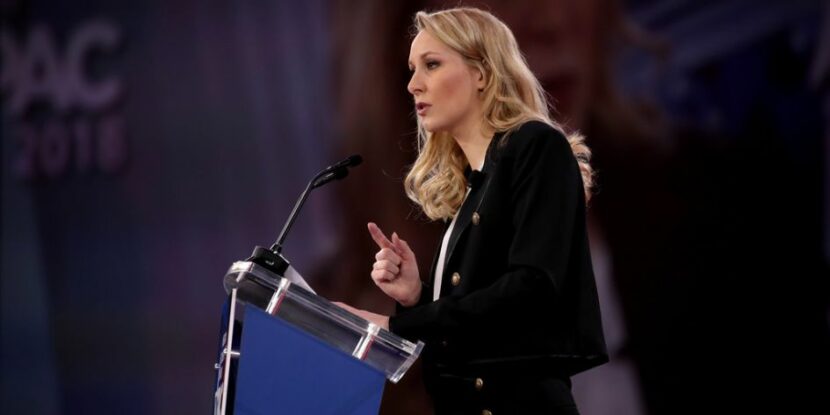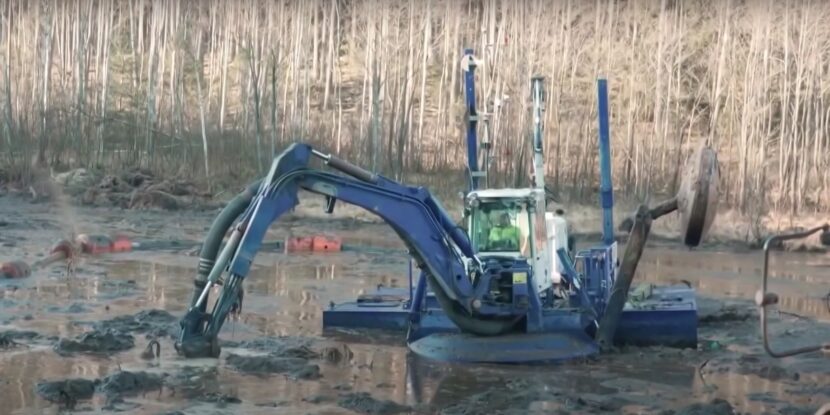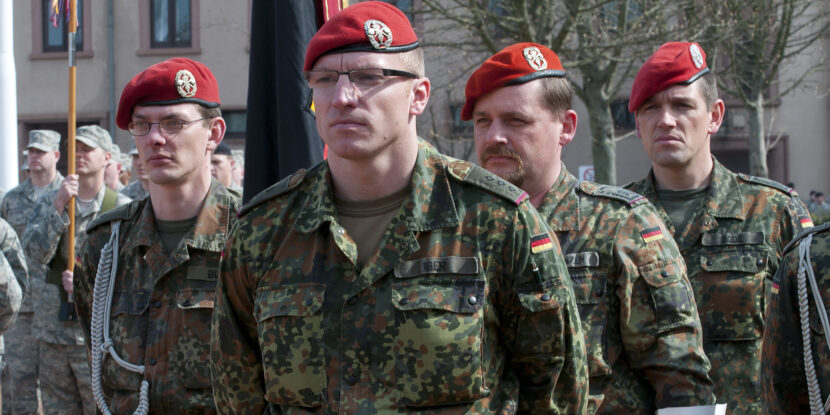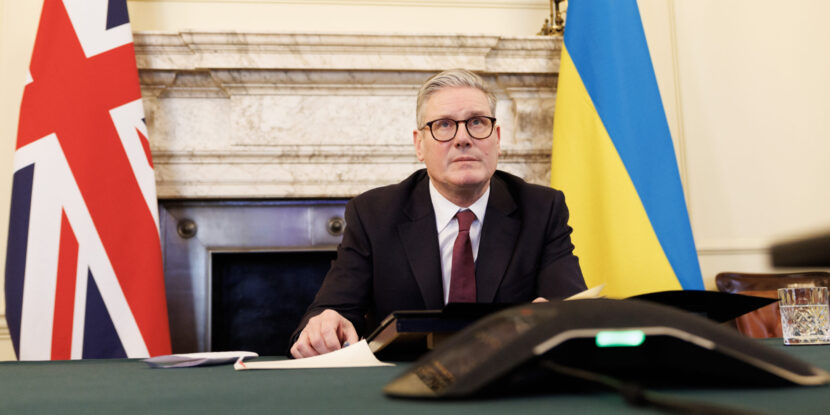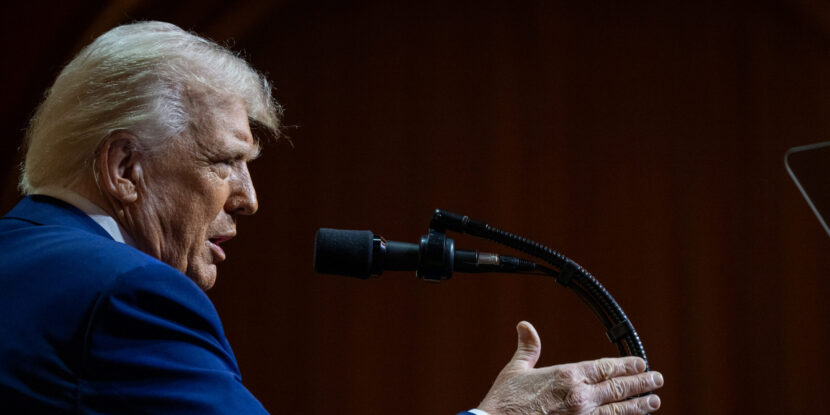PULSE POINTS:
❓What Happened: President Donald J. Trump is set to unveil his reciprocal tariff policy aimed at ending unfair trade practices used by other nations against the United States.
👥 Who’s Involved: President Trump, numerous countries, and leaders around the world.
📍 Where & When: “Liberation Day” press conference at the White House’s Rose Garden on Wednesday, April 2 at 4PM EST.
💬 Key Quote: “For the first time in decades, the United States will see fair trade as President Donald J. Trump announces tariffs to level the playing field for American workers and businesses,” the White House said on Wednesday.
⚠️ Impact: The Trump White House argues the tariffs will push foreign countries to reduce their own trade barriers against the United States eventually, but until they do, Americans will benefit from the increased revenue from import duties. Other world leaders say they fear the move will kick off a large-scale trade war.
IN FULL:
President Donald J. Trump will announce his reciprocal tariff policy today during a 4:00PM “Liberation Day” press conference at the White House’s Rose Garden. Despite intense media, corporate, and investor interest in how the tariffs will be structured, few details have emerged before the afternoon announcement. However, White House press secretary Karoline Leavitt did state on Tuesday that the trade levies would be “effective immediately” following the Rose Garden event.
The White House has framed the tariff measures as a means to “free” American workers and domestic industries from unfair import duties and other trade restrictions enacted by foreign nations, forcing the United States to run a trade deficit. President Trump has repeatedly emphasized that the lack of action by past American leaders has resulted in the U.S. being “ripped off” by its major foreign trade partners.
While critics of Trump’s aggressive America First trade policy have tried to paint the reciprocal tariffs as overly broad—arguing instead for smaller, more targeted measures—only around 10 to 20 countries will be significantly impacted. Only around 15 foreign nations—who impose high tariff barriers against the U.S. but enjoy most of the U.S. trade volume—account for the entirety of America’s trillion-dollar trade deficit.
Although the White House has kept the actual rates at which the reciprocal tariffs will be imposed under a tight lid, based on recent revenue estimates cited by Trump administration officials, they are likely to be pegged at 10 percent, 25 percent, or 35 percent. Notably, the higher rate estimates account for the Trump administration including other foreign trade restrictions—such as the European Union’s value-added tax (VAT)—in their reciprocal tariff calculations.
The other central question surrounding reciprocal tariffs is whether they will be blanket—covering all exports from the nation they’re imposed on—or sector-based, targeting specific foreign industries instead. A blanket tariff could risk significant retaliation against U.S. exports by the targeted countries, though the substantial economic pressure they’d create may also force foreign leaders to quickly move to drop trade barriers in order to end the U.S. import duties. Meanwhile, industrial sector-based tariffs would give the Trump administration a degree of flexibility, allowing for the strategic targeting of foreign industries—though more targeted trade levies may have less of an economic and political impact overall.
show less